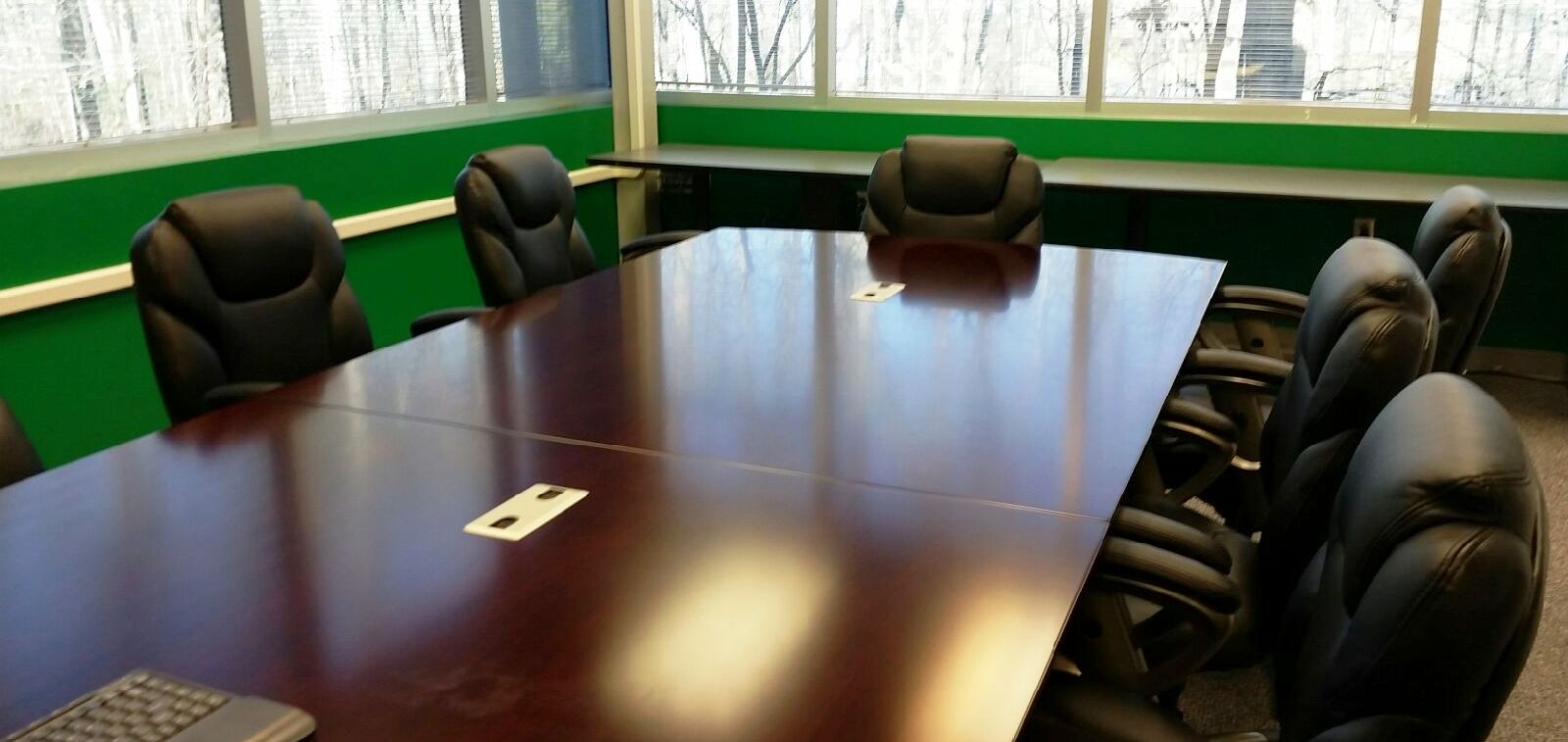Does this sound familiar?
Your student comes home from school one day and announces a problem with a teacher or lesson. You immediately hop on the computer and send off an email to the team demanding answers. To address the concerns, you think it is best to get together and have an IEP meeting to work out the issue.
Well, not so fast. Many times, parents of exceptional children need to discuss challenges with a particular teacher about a lesson, class, or social situation, and depending on the concern, a meeting might be in order. However, not all meetings are “IEP” meetings and not all IEP meetings are conferences.
Here are some important points for parents to decide the best method for calling a meeting.
IEP meeting
This type meeting is one that addresses goals, accommodations, services, and placement on the IEP. An annual IEP meeting is required to address these issues. The entire team; teacher, local education agency (LEA), the special education teacher, and service providers such as the occupational, physical or speech therapist, are required to attend. In addition, the parents, and anyone the parents invite, are also able to attend.
This type meeting tends to be very long and detailed. Each teacher or attendee will usually speak about the child; what the strengths and weakness are and how they can be improved. As a team, discussions will include strategies and supports to be put into place for the students optimum learning experience. Any challenges should be discussed with the case manager before the IEP meeting. Goals or accommodations can be added at the meeting to address the needs of these challenges.
At the end, there will be meeting notes provided and everyone in attendance will sign that they were in attendance. Parents should be given a copy of the new IEP before they leave the meeting or request to have it emailed immediately. That’s it in a nutshell–very long, very professional, but individual grievances usually are not spoken about.
Parent-Teacher Conference
Many times, a parent, teacher, or student has a specific concern. To address any particular lessons or behavior challenges, parents should meet directly with the teacher in question.
Usually, any issues such as curriculum, grades, homework, or projects but not limited to social skills and behavior are handled in a more casual atmosphere. For example, if the concerns only include one teacher or class, then parents can schedule a convenient time with that particular teacher. That is not to say the student will not have challenges in other areas, but unless the challenges are related to changing the accommodations or modifications, it is recommended to work directly with the teacher outside of the IEP meeting.
Parents should realize that all teachers interpret modifications and accommodations differently. Recently, I wrote about it in an article about the need for classroom notes. Parents should take the time to have a quick teacher-parent conference to make sure everyone is on the same page and the accommodations are being administered correctly.
These type conferences are really about smoothing out disputes and working with each other to find solutions. The other team members will not be present in this case and there is nothing to sign. However, parents can request an administrator be present for additional input if desired.
For the best learning environment, parents should contact their child’s special education coordinator or case manager with any concerns.




Let’s Talk!